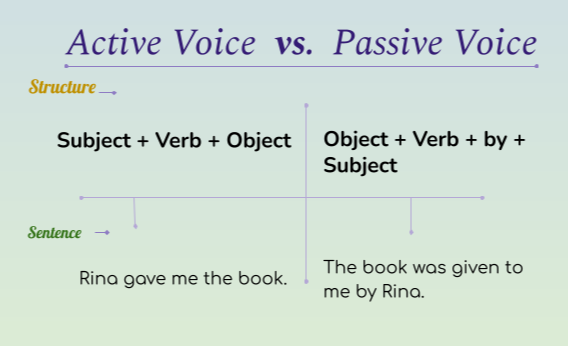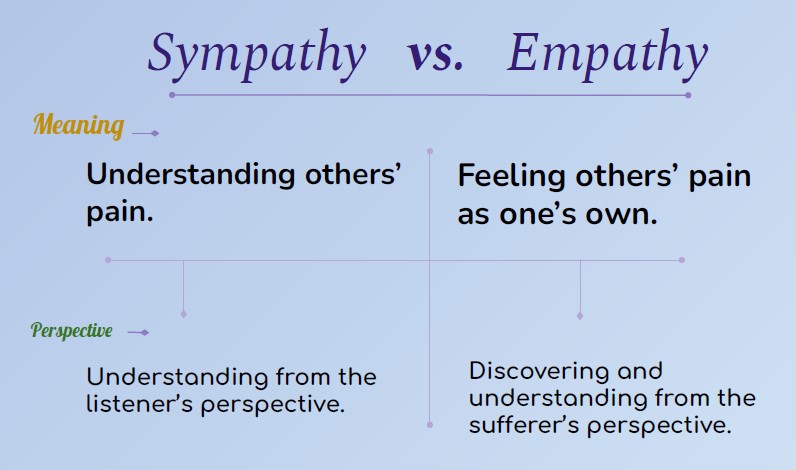Adjective followed by the Infinitives
(5/5, 14 votes)
Some adjectives are always followed by the infinitive form of the verb and never by the gerunds. It would be incorrect to use the gerunds after the following adjectives:
|
Anxious |
Easy |
Ready |
Examples:
| Incorrect: He was anxious making a move. Correct: He was anxious to make a move. |
| Incorrect: It was boring watching that movie again. Correct: It was boring to watch that movie again. |
| Incorrect: It is dangerous walking on that road. Correct: It is dangerous to walk on that road. |
| Incorrect: It’s hard changing a bad habit. Correct: It’s hard to change a bad habit. |
| Incorrect: He is eager meeting his family. Correct: He is eager to meet his family. |
| Incorrect: It is easy saying anything but difficult doing. Correct: It is easy to say anything but difficult to do. |
| Incorrect: It is good hearing from you. Correct: It is good to hear from you. |
| Incorrect: It was strange meeting him. Correct: It was strange to meet him. |
| Incorrect: I was prepared doing everything for her. Correct: I was prepared to do everything for her. |
| Incorrect: I was pleased watching the movie. Correct: I was pleased to watch the movie. |
| Incorrect: We are ready going. Correct: We are ready to go. |
| Incorrect: I cannot believe that he is able doing it. Correct: I cannot believe that he is able to do it. |
| Incorrect: It has become usual coming late in the office. Correct: It has become usual to come late in the office. |
| Incorrect: It is very uncommon getting such good products here. Correct: It is very uncommon to get such good products here. |
| Incorrect: It is always difficult scoring runs on this kind of surface. Correct: It is always difficult to score runs on this kind of surface. |
Note: The rule is only applicable to the adjectives of the first box. The synonyms of these words might have a different rule. For example, the adjective ‘able’ has a similar meaning to the word ‘capable’ but the grammatical function of this two words is different.
Correct: I will be able to perform the duties for you.
Incorrect: I will be capable to perform the duties for you.
Correct: I will be capable of performing the duties for you.
Published By LearnGrammar.Net
Grammar
Read More
- How to Use "Therefore" in Sentences Avoiding Common Mistakes
- How to Use "Whereas" with Examples and Avoid Common Mistakes
- When and How to Use "Thus" Correctly Without Common Mistakes
- How to Use "On the Contrary" Properly with Meaning and Examples
- When and How to Use "Either/Or" with Examples and Common Mistakes to Avoid
- How to Use "On the Other Hand" Effectively without Mistakes
- How to Use "Respectively" with Example and Common Errors to Avoid
- How and When to Use "Moreover" Without Mistakes
- How to Use "Likewise" in Sentences Based on Context & When not to Use
- When & How to Use "Although" in Sentences to Avoid Mistake


